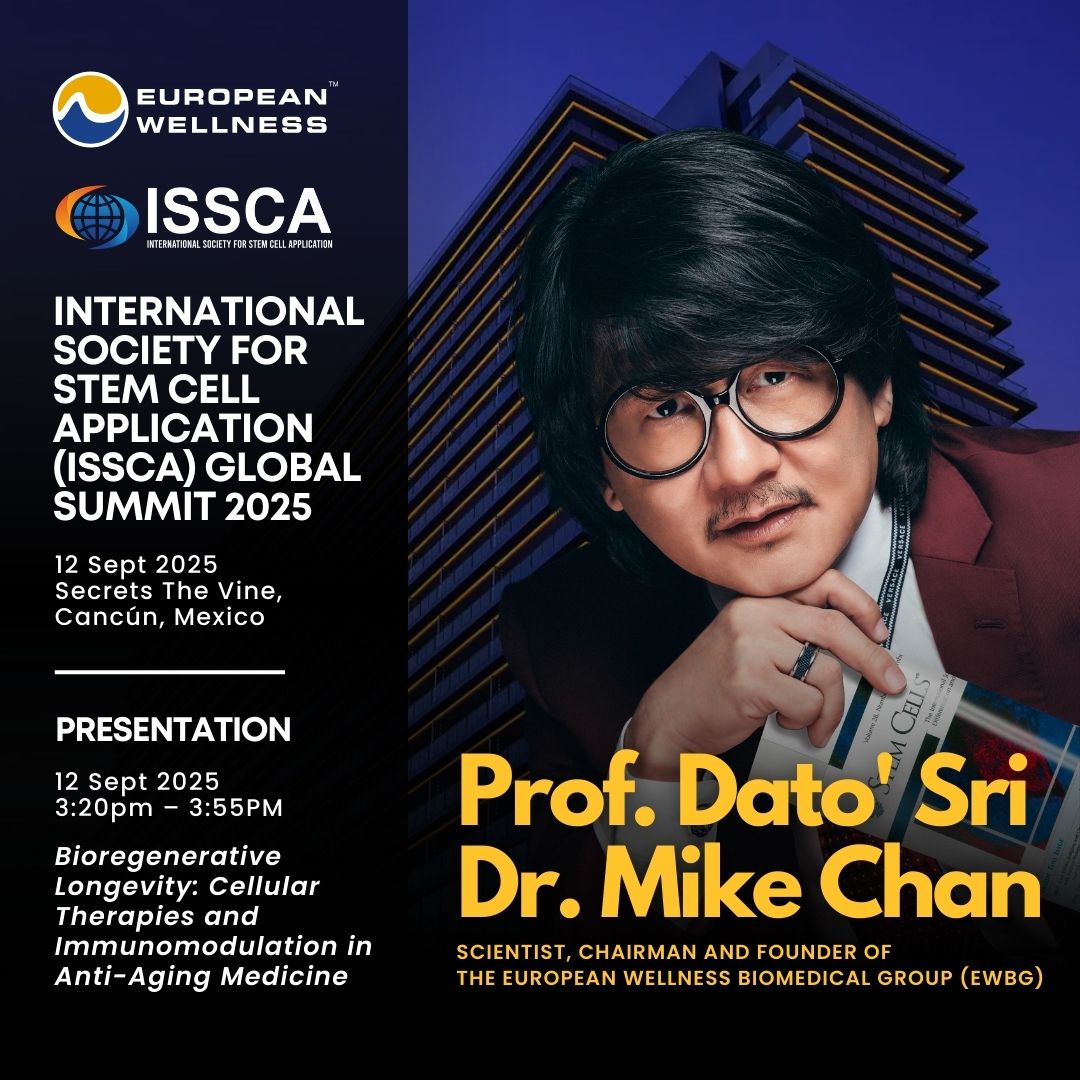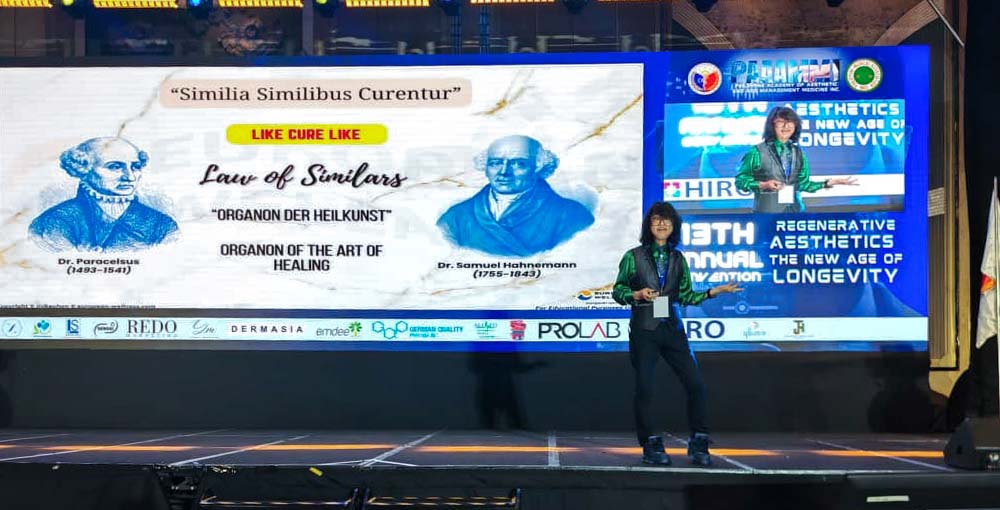A Whisper in Beijing At the Victory Day parade in Beijing, the world’s gaze was…
BEYOND IMMORTALITY: Why the Future of Longevity Lies in Cells, Not Organs
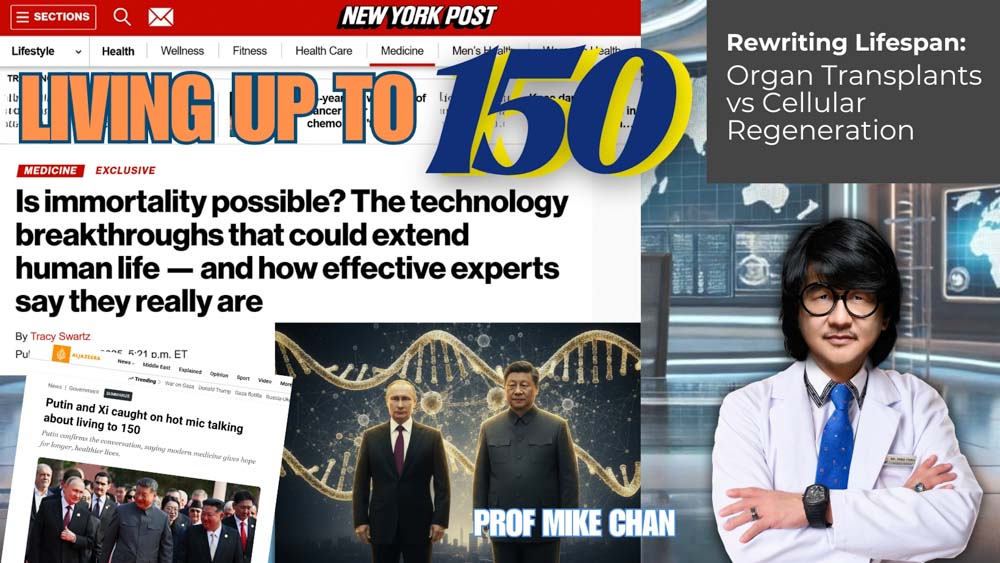
A Whisper in Beijing
At the Victory Day parade in Beijing, the world’s gaze was fixed on tanks and flyovers. Yet it was a stray microphone, not the spectacle of military might, that captured global imagination.
“Biotechnology is continuously developing. Human organs can be continuously transplanted. The longer you live, the younger you become, and you can even achieve immortality,” Russian President Vladimir Putin was overheard saying.
China’s Xi Jinping replied: “Some predict that in this century humans may live to 150 years old.”
The exchange quickly spread worldwide. To some, it was a glimpse into the private ambitions of powerful men. To others, it was a sign of how far the dream of longevity has entered public conversation.
But what does science say? And what pathways are truly open to humanity?
Two Visions, One Goal
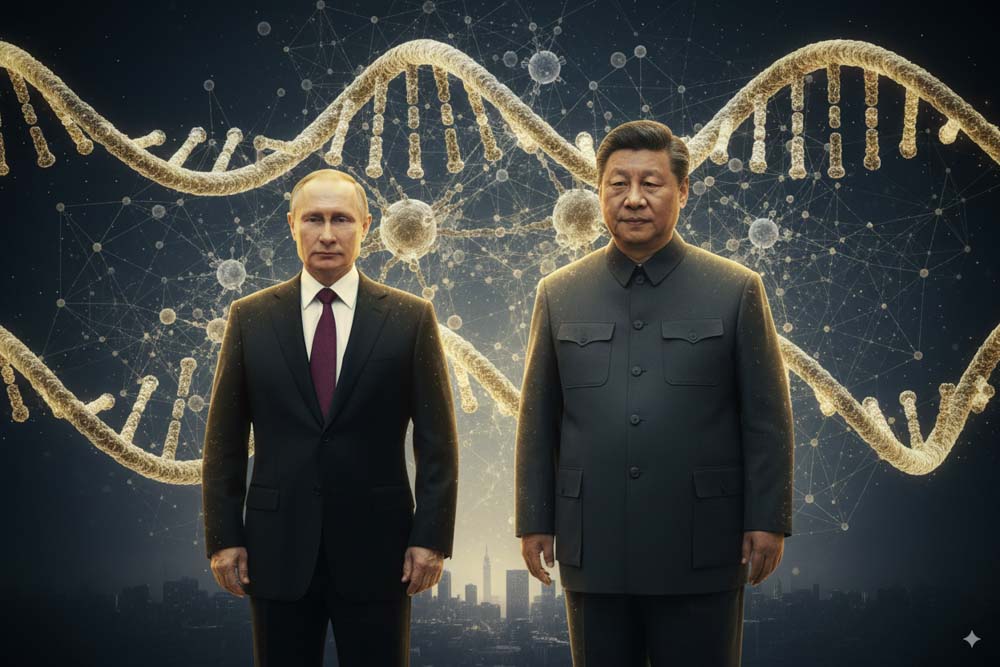
The hot-mic moment reflected one long-standing approach: organ transplantation. In this vision, as organs fail, they can be replaced—prolonging life like swapping parts in a machine.
Yet medicine today is increasingly shifting to another vision: cellular regeneration, where therapies target the very building blocks of life.
No one is better placed to speak to this shift than Prof. Mike Chan, Chairman of the European Wellness Biomedical Group, a pioneer who has spent four decades in regenerative medicine. With more than 60 books, 130 peer-reviewed papers, and laboratories in Germany, Switzerland, and Malaysia, Prof. Chan has built his life’s work on answering the question that Putin and Xi whispered about: how do we extend life meaningfully?
Prof. Chan Speaks: “The Future Is in Cells”
In reflecting on the hot-mic moment, Prof. Chan is thoughtful, not dismissive. He acknowledges transplantation as one of medicine’s great achievements, but he gently redirects attention toward a deeper frontier.
“The idea of extending life through organ transplants is fraught with limitations and scarcity. You don’t need to transplant organs. The future of longevity lies not in replacing whole organs, but in regenerating them at the cellular level.”
In handwritten notes on a draft report, he was even more pointed:
“All stem cells and cells have different blueprints—from proteins, molecules, amino acids, transcription factors, and glycoproteins. The future of medicine is transplantation of cells, not organs. Longevity depends on healthspan, and healthspan relies on cellspan.”
This statement captures the essence of decades of research: that life is not extended by simply replacing the failing house, but by strengthening and repairing the bricks that make it.
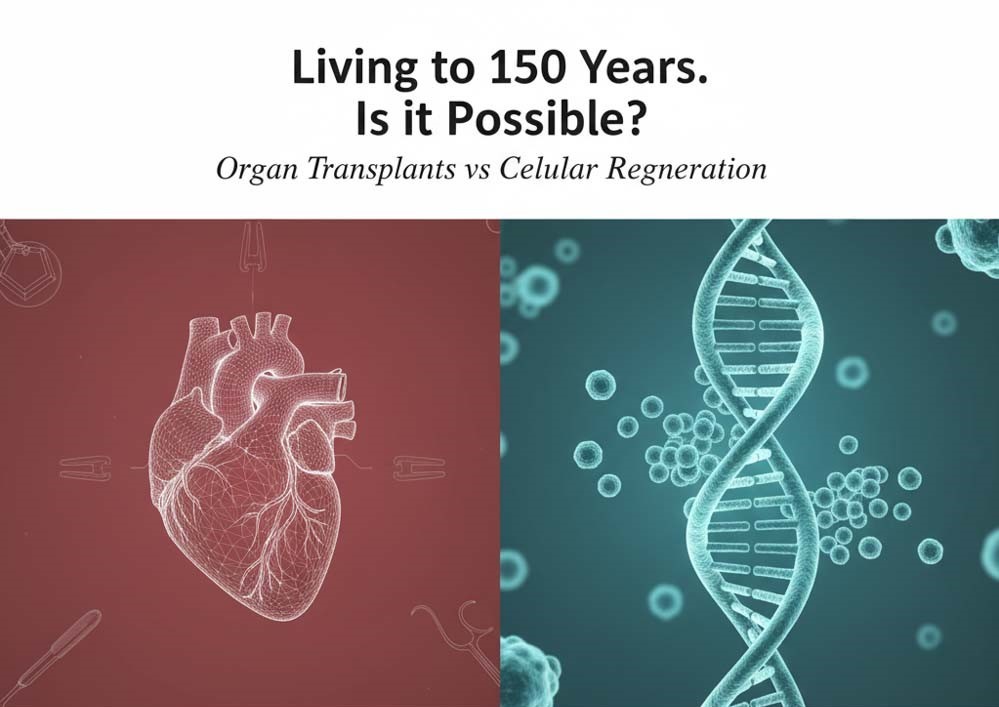
The Human Cytology Atlas: Mapping 400+ Cell Types
In 2024–25, Prof. Chan’s team achieved what many call a landmark in regenerative medicine: the publication of the Human Cytology Atlas, which mapped over 400 distinct human cell types.
The Atlas confirmed that every organ is composed of specialized cells with unique molecular instructions.
“To heal the brain, you must understand every cell within it,” Prof. Chan explains. “This is why we mapped the cellular diversity of the body. If you only look at organs as a whole, you miss the real levers of aging.”
The Atlas is now a reference point for research worldwide, validating his long-held belief that precision medicine begins at the cellular level.
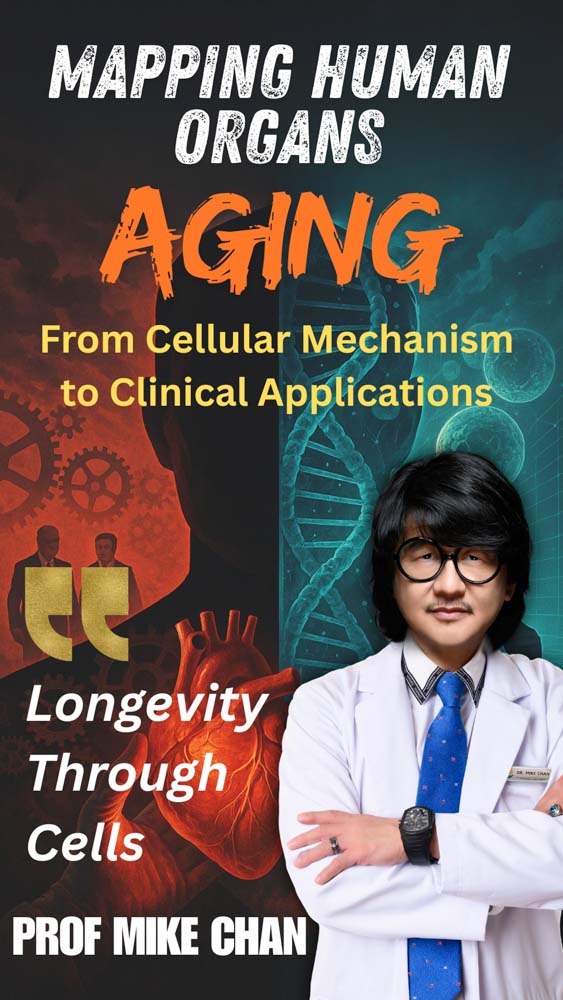
The Mosaic of Organ Aging
In 2025, Prof. Chan and colleagues built on that work with a peer-reviewed paper in Genesis: “Mapping Human Organ Aging: From Cellular Mechanism to Clinical Applications for Precision Medicine in Healthspan to Lifespan.”
The study revealed that aging is not uniform. Different organs age at different rates:
- The cardiovascular and immune systems decline early.
- The liver and kidneys show staggered vulnerability.
- Neural tissues age in unique patterns.
This mosaic of aging explains why transplanting an organ does not equate to reversing the aging process. Instead, targeted cellular intervention offers a way to maintain organ function from within.
“The true path to defying aging,” Prof. Chan wrote, “is not in replacing entire organs, but in regenerating them at the cellular level. We can transplant the cells of specific organs, and that is the key to regeneration and age reversal of that organ.”
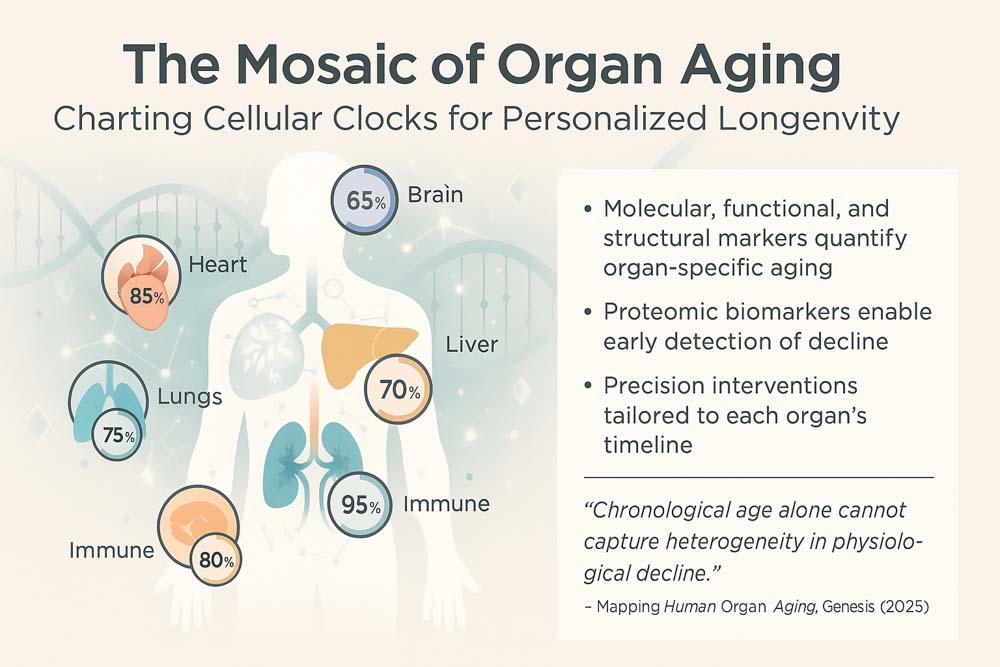
In his latest research Prof. Mike Chan with his team of pioneering medical research scientists, has just released a groundbreaking review article—“Mapping Human Organ Aging: From Cellular Mechanism to Clinical Applications for Precision Medicine in Healthspan to Lifespan”—published in Advances in Clinical and Medical Research (2025).
This paper charts how different organs age at varying rates and emphasizes the importance of detecting early biological markers to guide targeted interventions. It outlines how precision, cell-level therapies can be designed to preserve organ function and extend both lifespan and healthspan.
Read the full review here: Mapping Human Organ Aging: From Cellular Mechanism to Clinical Applications for Precision Medicine in Healthspan to Lifespan.
Protocols for Healthspan
From these studies emerge protocols that are already being tested in clinics:
- Targeted Stem Cell Therapies: Using neural precursor cells for the brain, cardiomyocytes for the heart, hepatocytes for the liver.
- Biomarker Monitoring: Plasma proteomics and cellular signatures to detect decline early.
- Precision Medicine: Interventions designed for the unique cellular profile of each patient.
- Healthspan First: Prioritizing the extension of healthy, active years over speculative longevity numbers.
“It is not enough to live to 150 if 50 of those years are in decline,” Prof. Chan often says. “Healthspan is the true measure of longevity.”
Global Collaborations: From Baoding to Heidelberg
Prof. Chan’s authority is reinforced not only by publications but by his collaborations worldwide.
- In Baoding, China, his team works with government partners to pioneer cell-based therapies for autistic children, a program bringing hope to families where traditional medicine has struggled.
- In Germany and Switzerland, his research continues in collaboration with Heidelberg University, focusing on cellular interventions for neurodegenerative diseases.
- Across Asia and Europe, he leads training programs for physicians in regenerative techniques, spreading knowledge to the next generation of doctors.
This global footprint reinforces his status not just as a scientist, but as a bridge-builder across cultures and disciplines.
A Scientist’s Voice
Prof. Chan’s handwritten annotations offer a rare window into his thinking:
- “The future of medicine is transplantation of cells, not organs.”
- “Longevity depends on healthspan, and healthspan relies very much on cellspan.”
- “No invasive organ replacements, but intramuscular or intravenous injections of precursor cells.”
- “This is not science fiction; this is reality with today’s advanced cellular therapies.”
These words carry the conviction of a man who has not only written extensively but lived his life in laboratories, clinics, and lecture halls dedicated to the cause.
An Enlightened Path Forward
The hot-mic moment in Beijing gave the world a headline: two leaders speaking of immortality and 150-year lifespans. But science offers a more nuanced story.
Organ transplantation will always save lives, but it is not the pathway to immortality. The true frontier lies in understanding the cellular machinery that underpins aging, and in developing therapies that renew life from within.
Prof. Mike Chan’s decades of work, mapping 400 cell types, charting the mosaic of organ aging, publishing 60 books and 140 scientific papers, and collaborating from Baoding to Heidelberg—point to a clear conclusion:
“True longevity is not measured by how long we can keep organs alive, but by how well we can sustain the health of the cells that give organs their vitality.”
As humanity dreams of living longer, Prof. Chan reminds us that the answer is not in replacing what is broken, but in understanding, regenerating, and sustaining life at its most fundamental level: the cell.
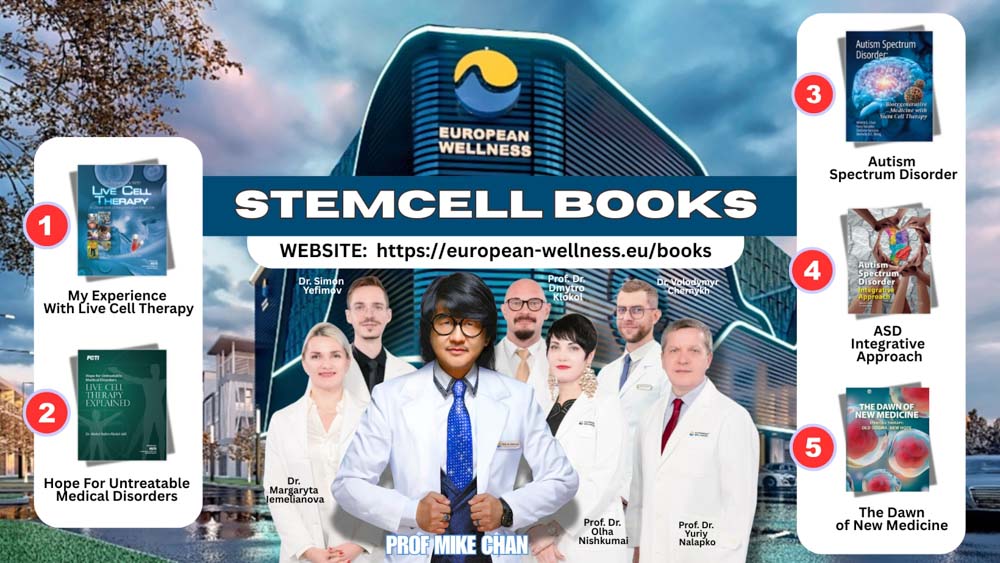
Meet Prof. Mike Chan: A Global Pioneer in Regenerative Medicine
Prof. Dato’ Sri Dr. Mike Chan is widely recognized as one of the world’s foremost authorities in regenerative and bioregenerative medicine.
- 📚 Prolific Author & Researcher: Author of 60 books and over 140 scientific papers on stem cells, organ aging, and precision medicine.
- 🧬 Landmark Discoveries:
- Co-led the Human Cytology Atlas, mapping 400+ distinct human cell types.
- Published the Organ Aging Study (2025) in Genesis, revealing how organs age differently and why cell-based therapies matter.
- 🌍 Global Collaborations:
- Partnering with the Chinese government in Baoding to pioneer autism therapies using regenerative medicine.
- Driving ongoing research with Heidelberg University in Germany and Switzerland.
- Leading advanced training programs worldwide through the European Wellness Biomedical Group.
💡 Prof. Chan has redefined the longevity conversation: moving from speculative talk of immortality to a science-driven focus on healthspan — extending the years of life lived in good health.
“Longevity depends on healthspan, and healthspan relies on cellspan.” — Prof. Mike Chan
Follow European Wellness Academy:
